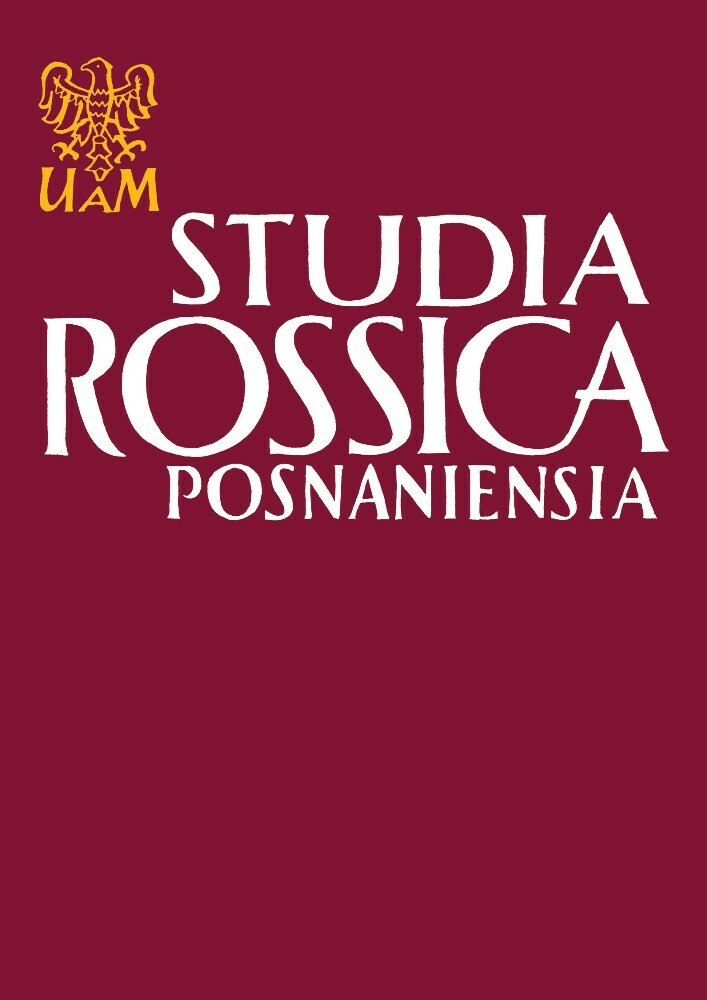No. 35 (2010)
Published 2018 July 18
Articles
27-34
35-46
47-56
83-92
93-104
105-114
115-122
145-156
183-194
195-206
207-215
227-236
249-258
259-266
267-274
275-280
281-288
289-298
